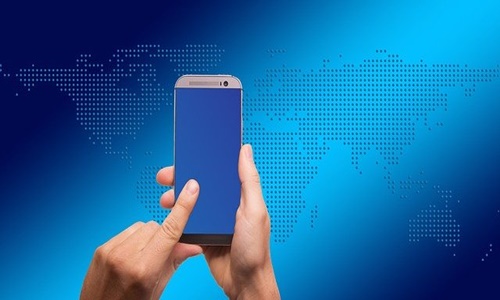British phone maker Bullitt to beat Musk & Apple with satellite phones
Bullitt, a British smartphone maker, reportedly intends to beat Tesla CEO Elon Musk and the American tech giant Apple with its latest satellite-connected device.
According to sources, the Bullitt phone can connect automatically to one of two international satellite networks when there is no mobile network or wi-fi connectivity. It is speculated that the upcoming iPhone 14 from Apple may have emergency satellite communication.
Meanwhile, while Musk is also engaged with T-Mobile on a satellite phone network, he claimed last month that 'regulatory approval' of satellite launches was hampering the plans, and that it was doubtful that the system would be made accessible until the end of 2023.
Bullitt's service is set to begin in February 2023, and initially, customers will just be able to receive and send text messages. The receiver will get messages via SMSs and can respond using Bullitt's app. It is free, but the owner must pay a monthly subscription.
The company has not yet disclosed the rates but suggested that it will be accessible in tiers, comparable to current mobile tariffs, and payable in addition to a conventional network contract. It has not yet made the device's pictures public.
Additionally, Bullitt asserts that its phone will automatically convert to satellite when other signals are not available, while Apple's similar services are only available for emergencies in North America.
Moreover, while Musk stated that phones using his network could currently experience a 30-minute wait time before connecting to a satellite, Richard Wharton, Bullitt's co-founder, stated that the wait would only be a few seconds because of deals with two international satellite networks.
Wharton stated that a bespoke chipset has been created during the past 18 months with an Asian supplier for the handset. The phone will only look for satellites when no other signals are present, minimizing battery consumption.
There are ‘not-spots’ across the world, mostly in rural areas, where cell coverage is poor or nonexistent, and Wharton added that it wishes to provide services to these parts as well.
Source credit: https://www.bbc.com/news/technology-62796363
About Author
Pranali Mehta
Pranali Mehta boasts of over three years of experience as a content writer. Having completed her graduation in chemical engineering, she worked as safety & environment associate in a chemical company for a year. Harnessing her passion for writing however, Pranali decided to pursue content developmen...
